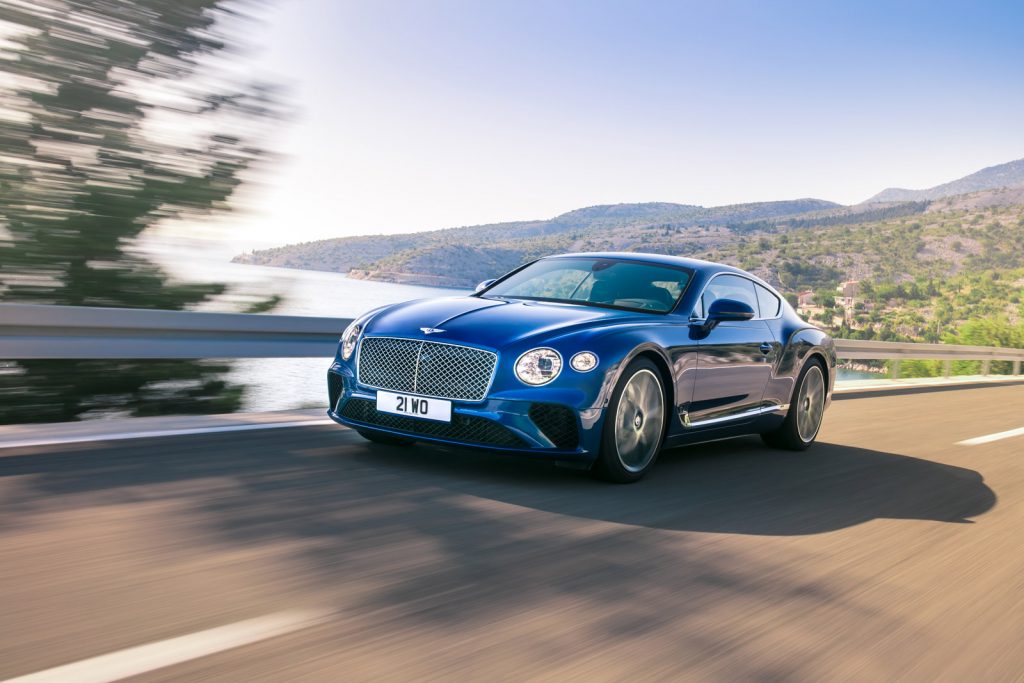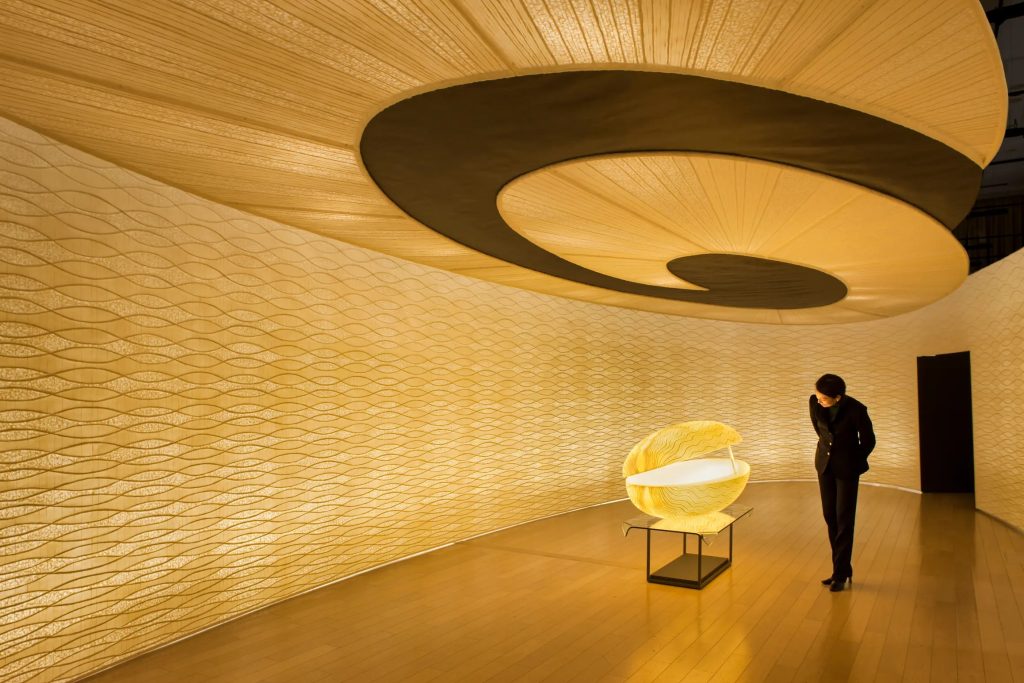Interview: Jason Bentley
KCRW’s music director talks about bringing his trailblazing electronic dance music show back to radio

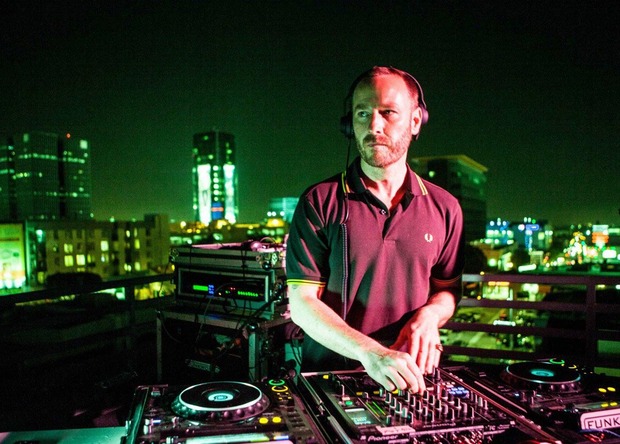
Jason Bentley spends a lot of time wearing headphones. He can be found late night in LA and around the world DJing everything from small exclusive events to massive dance parties. In his endless quest to keep up with new music and find vintage tracks for his radio shows and gigs, Bentley listens to music around the clock. One week we saw Bentley interview Beck at Sonos Studio, and then host Matt Costa for a live set at KCRW—all while he was preparing to leave for SXSW.
Jason Bentley’s relationship with KCRW in Santa Monica began in the late 1980s when he worked as a phone volunteer. Now 25 years later Bentley finds himself in his fourth year as the music director of the groundbreaking public radio station. Every weekday, Morning Becomes Eclectic features Bentley playing his favorite music, interviewing musicians and hosting live sets. He has also brought back Metropolis a two-hour show of dance mixes and interviews from EMI’s documentary series Electrospective on Saturday nights.
Fresh off of an event-packed SXSW including broadcasting his daily morning show from the Sonos studio and DJing events, we caught up with Bentley back at KCRW in LA as he gears up for Coachella.
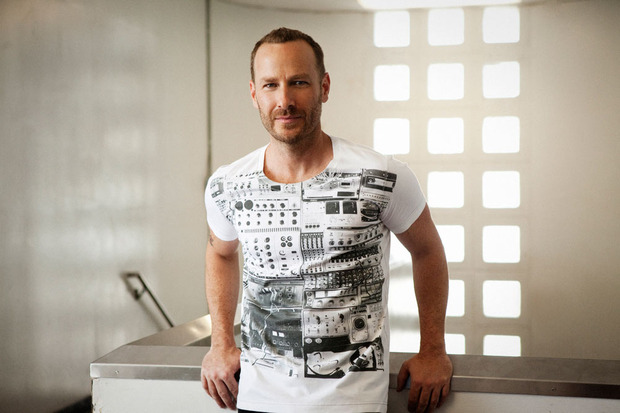
You have talked about how music fosters a profound connection between people. Do you have a recent favorite example of when you felt the power of music?
At SXSW we capped off the festival by having a small party with Jim James playing old soul records, a weird mix of Fleetwood Mac and Curtis Mayfield. There were about 15 people there. For me it was my final late night event before I got on a plane home. It was just a small group really enjoying music, dancing and singing. It’s one of those moments at SXSW that really stays with you. It was just magic.
Can you tell us about some new music that you are really excited about?
That’s a hard question because of what I do. The bands that jump to mind include Surfer Blood‘s new album, Pythons. It’s a rock record with great songs. DJ Koze—that’s a cool record, really interesting. I’ve been playing Escondido on the show. The Jamie N Commons record sounds really strong. Other than that, it’s like a daily thing. There is so much stuff. Check out the playlist of my KCRW show. That’s it. If I am playing it on the show, then I think it’s great.
How does live DJing events and parties in the US and around the world influence your work at KCRW?
It’s a different way to test your ability as a music mind. It’s using the same muscles, but in a different way. You are looking for the perfect song for any given situation to bring people together. So whether you are in a radio broadcast booth and you have all of this technology and resources or whether you are in a DJ booth out in a club, it’s working with different tools for a similar reaction. The only time it is frustrating is when you don’t have the proper tools or the best resources to achieve your goals.
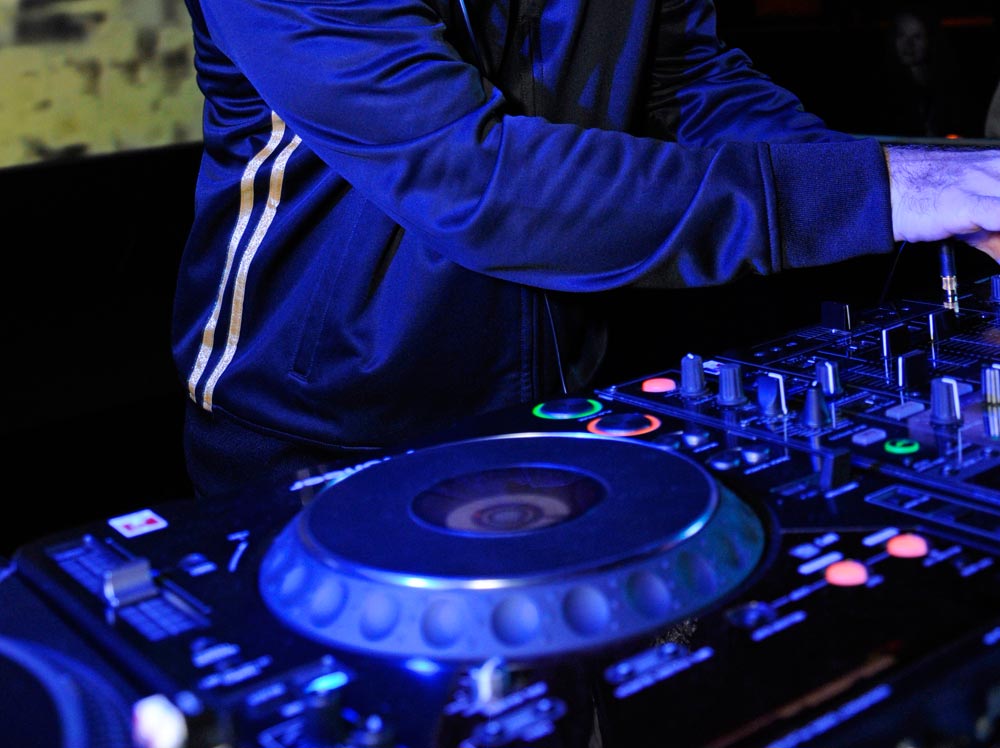
Do you have specific technological requirement of what equipment you can bring or they will have for you at an event?
“When you are working on a rig that has state-of-the-art sound… people can get inside of the music. They can inhabit the space.”
Right now I play on a CDJ-2000 from Pioneer. I prep all of my music on folders on flash drives. Then I just bring the flash drives in my pocket to events. It is really convenient and efficient. You cue up the music the same way you would load a CD. You can manipulate the audio, set cue points, and scratch if you want. You can rewind. You can do all those things, almost as if it were vinyl or a CD. You can also set in advance cue points to loop certain sections or emphasize parts of a song or mix them differently. I can work ideas out beforehand, but personally don’t predetermine a whole lot. If anything it might be how I am going to start a set, so that I have a plan of attack without distraction. Sometimes if you are switching off with a DJ or starting a set, there is a lot going on and it is better to have a strategy from the outset.
My tech rider these days is two CDJ-2000s and a Pioneer DJM 800 or 900 mixer. I ask for that mixer because it has certain filter controls that I like to use on the records. The great thing about playing in clubs is your have a much larger sound system at your disposal. You can really play a record, in the sense of messing around with it, emphasizing high frequencies, low frequencies and different things throughout the playback of the track. So you are creating a new work of art in the mixing for the audience. It’s sort of like a laboratory. In Austin I played at Kingdom. It was great. I had four CDJ-2000s and an awesome mixer. I had another control unit that let me do all kinds of weird audio, like crunching the audio, high pass filter, low pass filter. When you are working on a rig that has state-of-the-art sound and lights it is really fun because the whole experience is elevated for everyone. People can get inside of the music. They can inhabit the space.
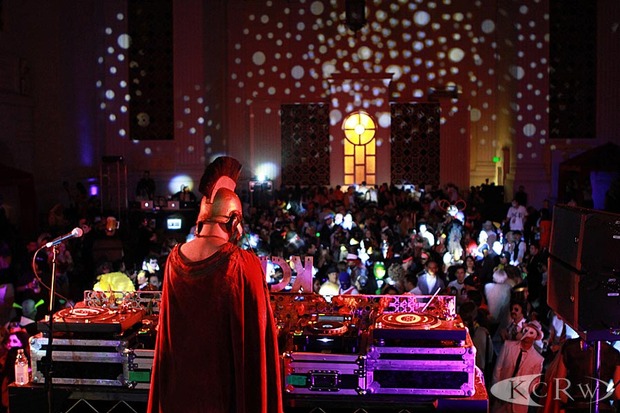
Let’s talk about the original version of your show Metropolis. What were your goals with the broadcasts in the beginning?
I was just attracted to underground dance music and culture, European dance culture, house music and trip hop. All of this stuff that was percolating was really exciting to me. At that point it was just really fresh and had not been categorized. Growing up through the club scene and rave scene was really exciting. It was always sort of renegade. I still have close friends from those days. It was such a transformative time to grow up in this really creative space of the club. The cool thing about the club scene and the underground is everybody is looking for something—who they are, their identity, their purpose, their creative side. Everyone is trying to figure out who we are and why are we here. For me finding the community in this very creative world of club scene and dance music was incredibly important.
Why is this the right time to bring Metropolis back? How does the new podcast version honor the tradition of the show?
Our general manager Jennifer Ferro came to be because she saw that I had continued to be active in that community. I had been working on a radio documentary series sponsored by EMI called Electrospective. The whole purpose of Electrospective is to have conversations with the main figures in the scene and talk about their experience in electronic music. The process of doing that gave me more of an appreciation of the history in what we have all created together. The combination of Jennifer bringing it up and my recent experience with this documentary gave me not only a sense of responsibility to tell the story of dance culture in America the right way, but also helped to educate in an entertaining way and inspire the younger generation. Maybe some people are only aware of Skrillex and Deadmau5 and it would be great to show them that the music has real depth and history. That’s not to say that Metropolis is supposed to be preachy or academic, but I try to do things where I am showcasing an older generation as well as featuring brand new tracks.
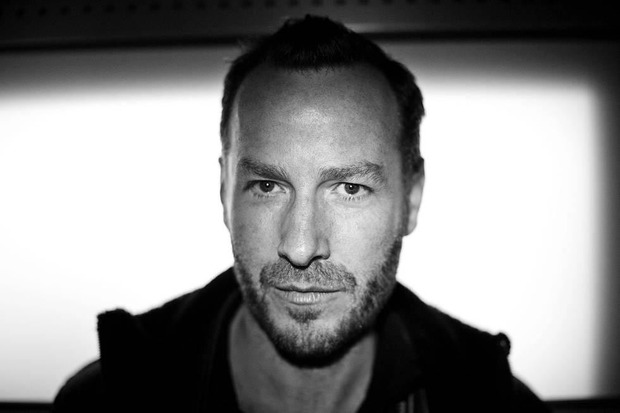
From the beginning of Metropolis until now, which artist has made the most music that fits into how you feel about dance music and what you like to play?
That’s a tough question because it is something that has to adapt and change and evolve. A top tier artist would be a group like Massive Attack or Underworld. There are DJs who are producers like DJ Shadow. The thing to appreciate about all of those three is that they have changed and evolved over time. That’s important. A Metropolis artist needs to embrace change. It needs to be a living, breathing thing. People need to meet the show with an open mind. For me that is what’s exciting.
What are you looking forward to at Coachella this year?
This year there will be a new tent at Coachella called Yuma. It is basically to address the lost art of the DJ which has been eclipsed by this overblown EDM shows. They are trying to present DJs in more of a pure form. So it is going to have a wooden dance floor and be air-conditioned. It’s going to get away from the big LED screens and present DJs closer to the audience. You will be able to see mixing. It will feel more like a nightclub.
Metropolis can be heard every Saturday night from 10pm until midnight or on the KCRW website. Bentley can also be heard on his daily show Morning Becomes Eclectic Monday through Friday from 9am-noon.
Images by Piper Ferguson, Michael Tullberg and Mark Liebowitz
